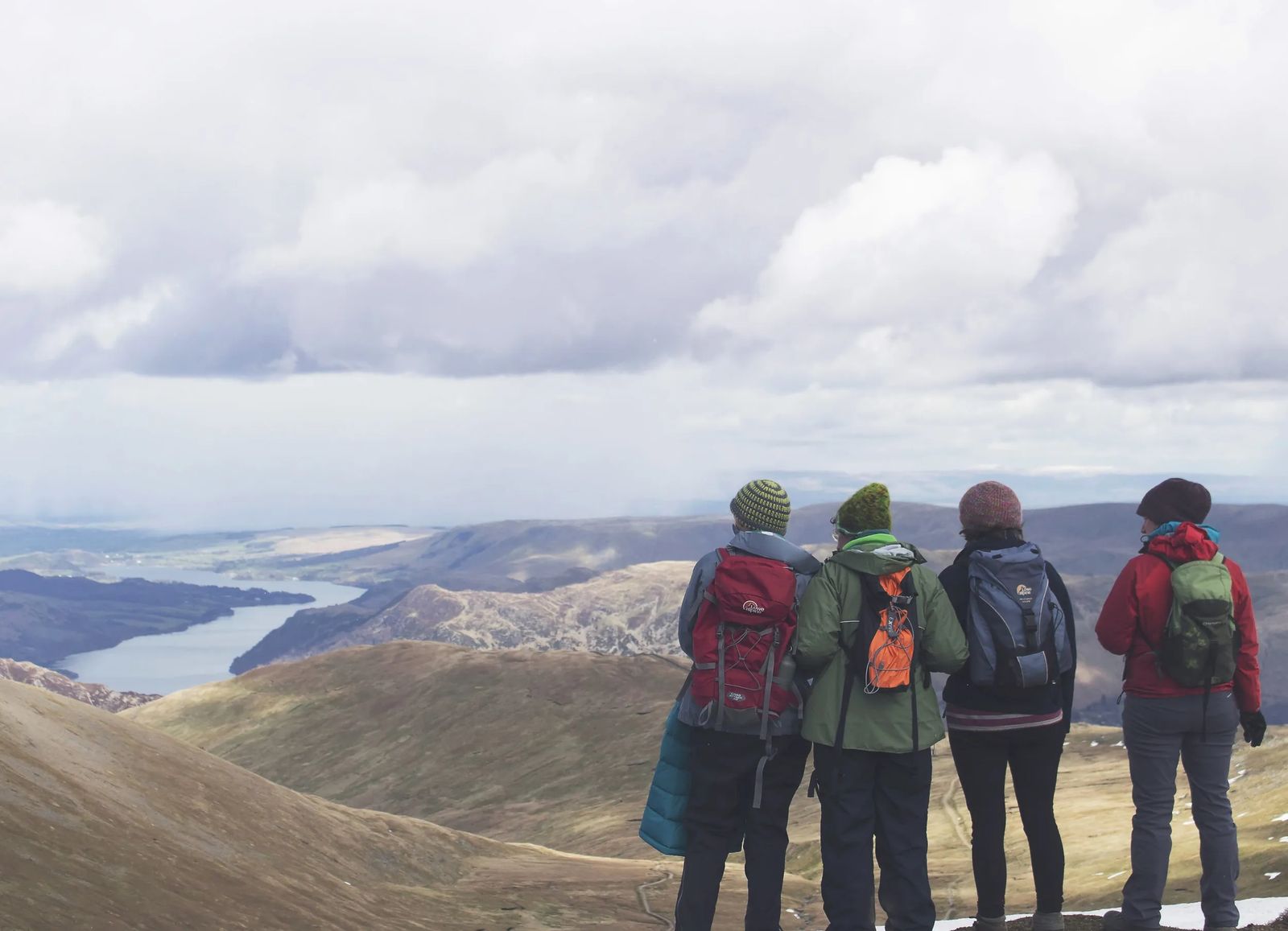
November 18, 2020
Discussing Poverty with Kids - Before Your Family Travels
Unfortunately, economic poverty exists everywhere, in all countries of the world. It may look different in different parts of the world. And different countries address it in different ways. But, as you travel you will, no doubt, encounter economic poverty.
Kids living in poverty are affected in many, many ways. Poverty affects their ability to eat on a regular basis, often to even have clean water to drink. It affects their opportunity to go to school and to learn, to have time to play and to grow and it affects their ability to stay healthy and to be safe. Poverty affects the mind, the body, and the soul!
Kids who observe poverty are affected as well! So preparing your kids for what they are most certainly going to find is very helpful. A challenge is to find the balance between giving your kids too much information and being over-protective.
Here are some mindful suggestions for discussing economic poverty with your kids ---
1. KNOW HOW YOU FEEL/THINK ABOUT POVERTY BEFORE YOU DISCUSS THE SUBJECT WITH YOUR KIDS.
How you respond (or don’t respond) to the subject of poverty will shape the way your kids respond. And without your help, your kids may make inaccurate assumptions about people living below the poverty line. Everyone has a story and everyone is faced with different situations and conditions. Be honest with yourself and with your kids ---
Do you think people living in economic poverty got what they deserved? Their poor decisions created their situation? Do you feel they could begin to improve their conditions by working harder?
Perhaps you feel sometimes people get stuck in generational poverty and don’t have the skills to change things without help.
Maybe you see real world reasons for poverty, some caused by natural disasters, or violence and some caused by our cultural responses to this poverty?
2. BE READY TO DISCUSS WHAT YOU CURRENTLY DO (OR DO NOT DO) OR WANT TO DO TO ADDRESS POVERTY.
Being honest about how you feel and what you do (or don’t do), why you do it and how it benefits you is most important. Your kids will benefit from such discussions with their family as they are confronting poverty, perhaps for the first time. Your kids will most likely be concerned about how they can help change things.
3. REGARDLESS OF YOUR POSITION AND PHILOSOPHY ABOUT POVERTY, ALWAYS SHOW RESPECT.
Respect the privacy of people living in poor economic situations --- Visiting orphanages and schools for the purpose of seeing what poverty looks like isn’t cool or appropriate. It invades everyone’s privacy.
Respect the integrity/dignity of people living in poor economic conditions. People living in poverty are not less valuable than people who live with riches. Having money does not mean that someone is better (or worse) than someone without as much money. All people have value. Everyone has something to contribute to the world. Help your kids focus on what people who live in impoverished conditions might be feeling and dealing with rather than just treating them as objects to be talked about/looked at. Making fun of people who have less money than you do is simply not ok. As a family, consider discussing your daily challenges and how you address these challenges. Compare these to the daily struggles of impoverished families. Consider the skills everyone (you and they) must have in order to overcome obstacles --- creativity, ingenuity, determination, endurance, etc.
4. FORMULATE YOUR OWN RULES
About how friendly or cautious you want your kids to be when meeting strangers panhandling on the street. There is a very real chance that many of the panhandlers you encounter on your travels will be kids about the same age as your kids.
Traveling around the world helps children understand that their view of the world is not the only view there is. One’s viewpoint differs from mountain top to mountain top --- it all depends on the circumstances.
If you’d like to find more ways to travel responsibly, we’d be happy to brainstorm with you to make your next family trip fun and impactful.
